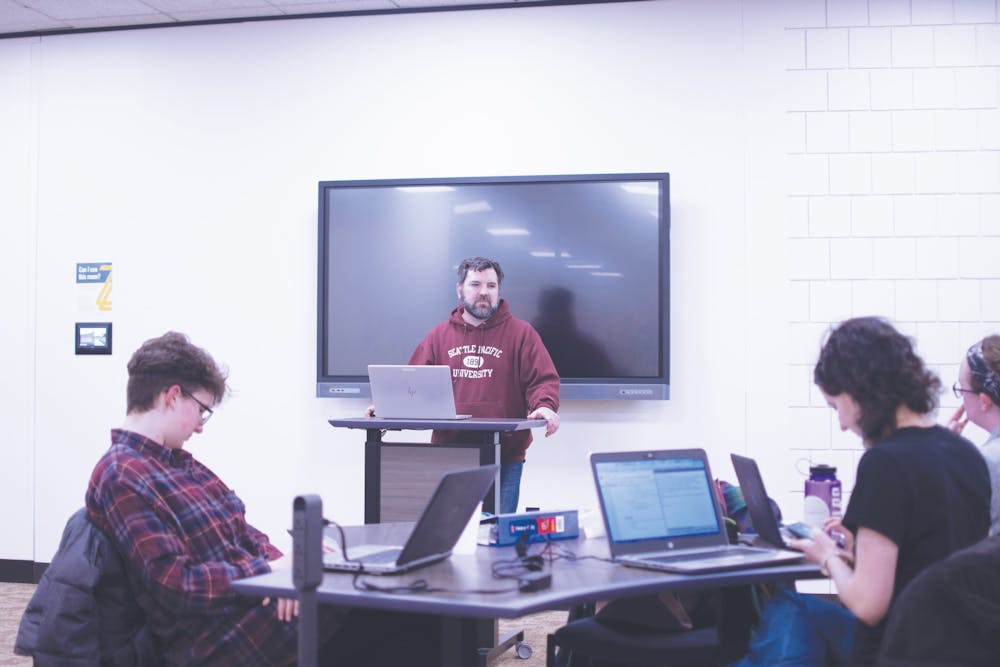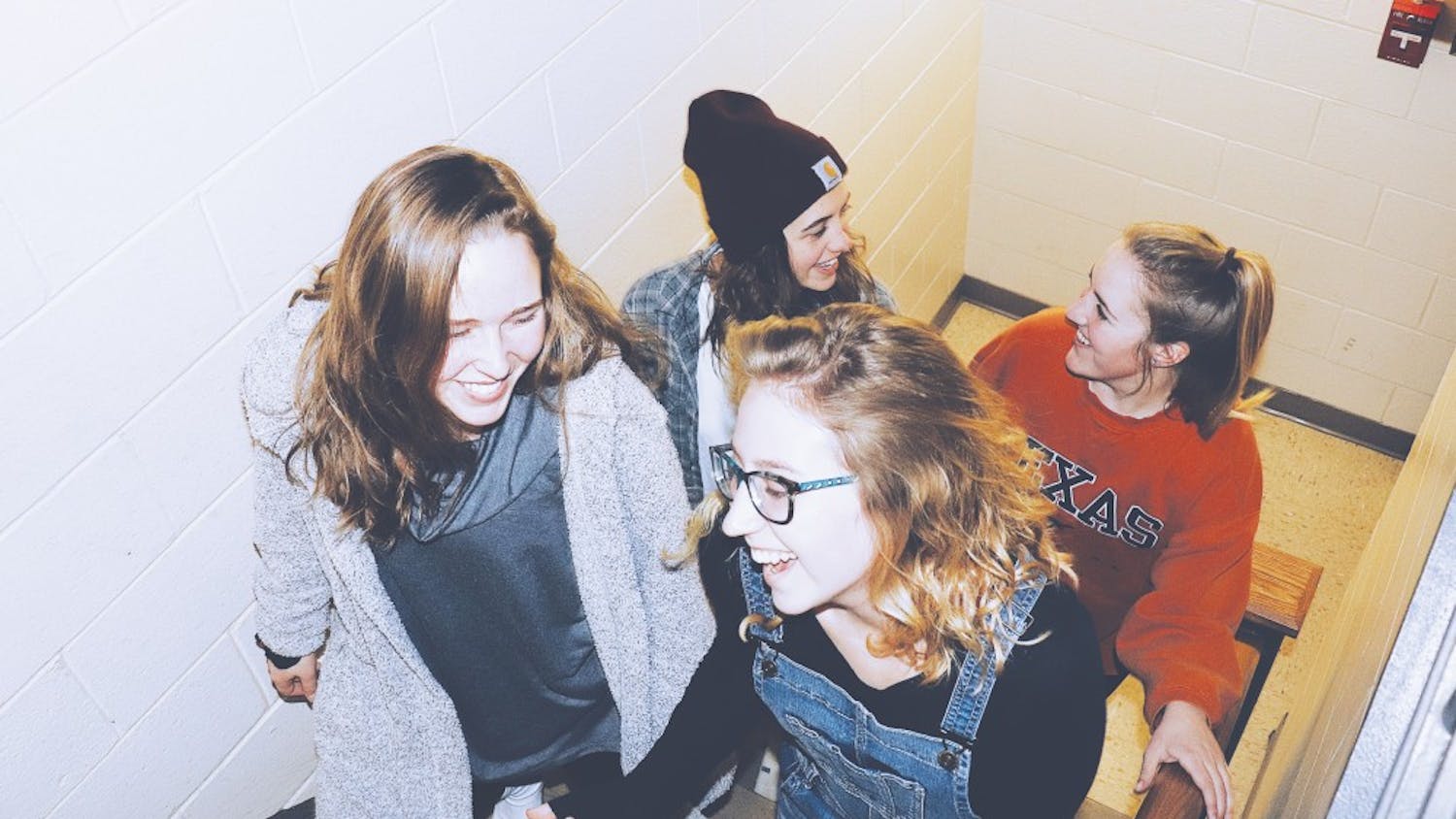Students for Mental Health Awareness (SMHA), a club which seeks to eradicate mental health stigma among the Taylor community, will soon be an official university club.
After being approved by the Student Senate on Nov. 8, the club only needs to be approved by the Community Life committee life to achieve official status.
The club was started in the spring of 2019 by junior Grace Weeks. Weeks, who serves as the club president, is pursuing a combined math major and data science minor.
She is also on the autism spectrum.
“It’s just a different way of seeing the world,” Weeks said.
The club initially took root during Week’s junior year of high school while she attended a private school called Greenwood Christian Academy. Weeks and her friend Allison Shi were a part of a friend group who had mental health challenges. While the majority of their friend group had cerebral challenges, they still felt underrepresented as a whole within the school.
The two girls worked together to form SMHA and through their efforts the two girls began to see the club take shape, grow and make an impact on the community there.
“Our existence will start conversations,” Shi said in regards to starting the club. “Our existence will prove that this is a real issue that people should be thinking about.”
After graduation, the club was continued by underclassmen at her school. However, Weeks’ time at Taylor opened her eyes to the need for mental health awareness at the university as well.
Following a similar pattern as she did in high school, Weeks introduced SMHA as a club to the Taylor student body.
Now president of SMHA, Weeks sees this as an opportunity to promote awareness about mental health struggles, such as autism, depression and anxiety, all under the umbrella of neurodiversity.
“(Neurodiversity is) diversity of the human mind,” Weeks said.
Just like humans are culturally and ethnically diverse, humans also have diverse structural and chemical balances in our brains. According to Weeks, neurodiversity has two main aspects: mental health issues affected by chemical imbalances, like anxiety and depression, and structural differences, like autism and ADHD.
Weeks said SMHA has been well received on campus since it started last spring; attendance at both events the group has hosted so far was encouraging.
Last semester, the club held a flyer campaign to increase autism acceptance. Club members placed flyers with stop signs around campus to expose truths and address myths revolving around autism.
SMHA hosted another event this semester on Oct. 17, revolving around ADHD awareness. People with ADHD were invited to share their stories, in hopes their personal experiences would encourage other attendees to have hope through their fight.
“By doing these events, I am trying to create awareness and break the stigma,” Weeks said. “The students can share themselves more freely, which will help with community.”
This is how Weeks sees community growth accomplished.
Intentional community at Taylor is an aspect that Weeks values; however, she is concerned what intentional community looks like for students who feel they cannot fully express themselves.
The club’s social media coordinator, sophomore Sarah Cotterman, said has been encouraged by the enthusiasm revolving around the group. The events have spurred on important conversations by people willing to share their personal experiences with mental health.
“(SMHA is about) eradicating stigma and celebrating neurodiversity . . . raising awareness through education and creating a space where people can speak about things without judging,” Cotterman said.
The club is backed by faculty who affirm its efforts.
Assistant to the Dean of the School of Natural Sciences Charity Bailey serves as the club’s faculty adviser, and, according to Weeks, is a valuable asset to the club. Associate Professor of English Dan Bowman is another faculty who has partnered with SMHA.
Vice president of the club junior Rachel Knight really values the relationships she has made with people through being involved in SMHA that she would have otherwise never met. SMHA has also opened her eyes to the lives of those around her, allowing her to resist the comfort of assuming everyone sees the world through similar lenses.
“Someone can look ‘normal’ and act ‘normal’ but see the world completely differently and face challenges due to that,” Knight said. “Our society pressures us to fit within a certain mold, and those who are not neurotypical often struggle to figure out how to fit within that mold.”
This very real issue that presents itself in an array of forms can be recognized as a chance to understand others’ needs and lifestyles.





